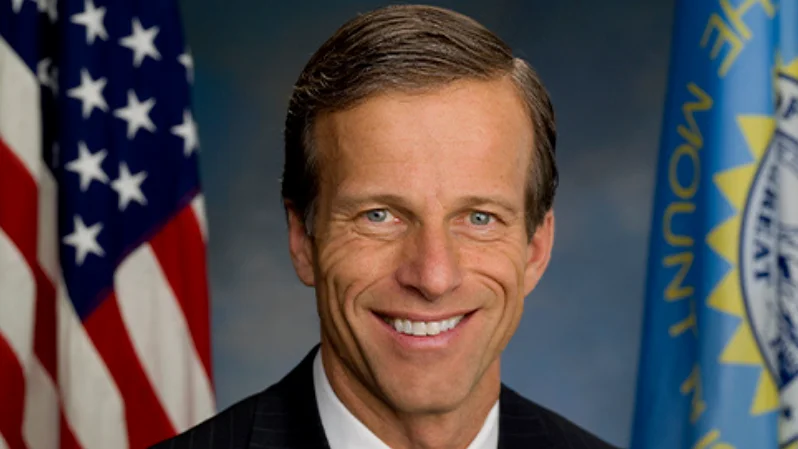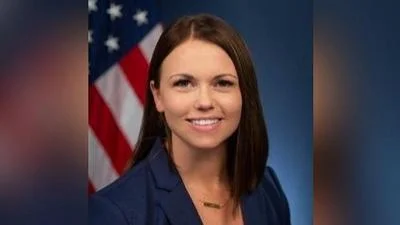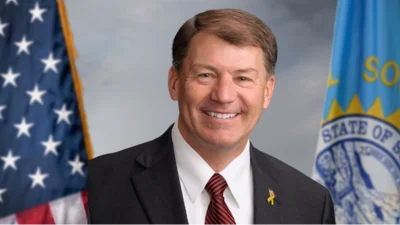Senator John Thune, US Senator for South Dakota | Official U.S. Senate headshot
Senator John Thune, US Senator for South Dakota | Official U.S. Senate headshot
U.S. Senate Majority Leader John Thune (R-S.D.) addressed the Senate floor to criticize what he described as unprecedented obstruction by Democrats in confirming presidential nominees. Thune referenced past bipartisan cooperation in swiftly confirming administration appointments, noting that both parties historically allowed presidents to form their teams with minimal delay.
Thune cited statistics from previous administrations, stating that during the terms of Presidents George H.W. Bush and Bill Clinton, 98 percent of civilian nominees were confirmed by unanimous consent or voice vote. For Presidents George W. Bush and Barack Obama, that figure was 90 percent in their first terms. He argued that this tradition began to erode during President Trump’s first administration, when Democrats forced more time-consuming votes on nominees.
Despite these changes, Thune noted that more than half of the nominees for both President Trump’s and President Biden’s first terms were still confirmed by unanimous consent or voice vote. However, he claimed the current session has seen a complete breakdown: “President Trump has been in office for eight months. And he has not had one single civilian nominee confirmed by unanimous consent or voice vote.”
Thune attributed these delays to partisanship rather than concerns over nominee quality: “If this were a matter of ‘historically bad nominees,’ as the Democrat leader tried to claim, then Democrats wouldn’t be voting for a number of these nominees in committee – or supporting them on final passage.” He called the situation “the world’s longest, most drawn-out temper tantrum over losing an election.”
He warned that this obstruction is affecting government operations by leaving essential positions unfilled and tying up Senate time: “‘Empty desks do not help the government function, and unnecessary delays rob a duly elected president of the team he needs to carry out his responsibilities.’” Quoting a Democratic senator from Minnesota, Thune added: “‘As the Senate spends more of its time working on nominations, this leaves less time for legislating on issues that are important to the American people.’”
Thune estimated it would take another 600 votes before year-end to clear existing nomination backlogs—a workload exceeding what the Senate has accomplished so far this year.
To address this issue, Thune announced plans to pursue procedural steps amending Senate rules: “It is an idea...with a Democrat pedigree,” referencing similar proposals previously introduced by Democratic senators from Minnesota and Maine. His proposal focuses only on sub-Cabinet level appointees.
Quoting again from his Democratic colleagues’ prior initiatives, Thune said: “‘This commonsense reform will help improve efficiency and make sure we’re able to fill positions that are vital to our national security, economic success, and more.’”
Thune concluded his remarks with a call for change: “The historic obstruction ends now...We’re going to fix it...and ensure that in future, duly elected presidents of both parties are able to get their teams in place without unnecessary delay so that they can fulfill their responsibilities to the American people.”




 Alerts Sign-up
Alerts Sign-up